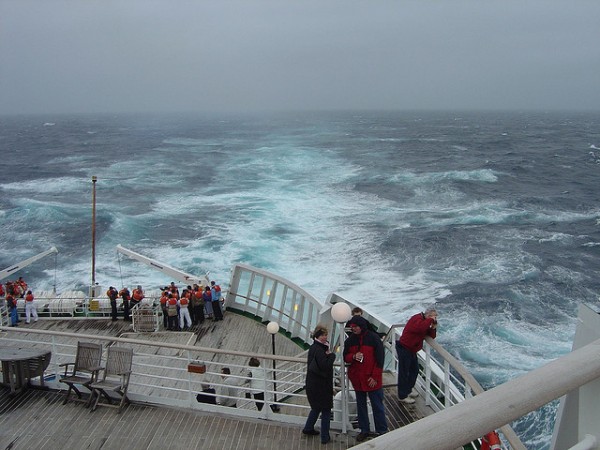Crossing the Atlantic can seem like the adventure of a lifetime for some. Whether it is purely for fun and leisure or if you are taking part in a cross Atlantic race, the key thing to remember when doing so is to be prepared. The advent of GPS and weather routing systems has helped support sailors by making the trek easier to manage, but there is still the danger of faulty equipment and the event of unexpected weather.
Most journeys can take anywhere from 16-25 days, so being prepared is essential for a successful crossing.
Below are some suggestions that you should consider when planning your journey.
Practice
Regardless of whether you are an experienced or non-experienced sailor, practice makes perfect, especially with the boat gear. If you are taking a crew with you, go through the safety procedures and plans to ensure that they know what to do in the event of an emergency. Practice will also give you a chance to test the condition and endurance of your equipment.
When practicing, you should run thorough maintenance checks on board such as engine checks, equipment checks as these provide invaluable preparation. This should also include checking your safety equipment.
Workout energy usage
Your boat may require a lot of energy for the trek, so whatever power you think you will be using on the crossing, add another third. In preparation, work out how much power you are likely to be using to keep everything on board running and if you feel you may not be able to provide enough energy, consider your options. Solar and wind power can help, but during downtime they may not be able to give your boat the energy it needs.
A small generator may give you enough fuel for your main engine. For budget crossings, fitting two alternators to your main engine and carrying a spare can help.
Don’t focus on a special boat
For those who do not own a boat and are crossing the Atlantic for the first time; do not get too caught up in trying to find that unique boat that will provide smooth sailing and comes with everything equipped. It is more cost efficient nowadays to use an ordinary production cruiser with a standard kit. Talk to a professional Yacht charter company, who deal with transatlantic yachts, can help fit your boat out with the required equipment and ensure that you are thoroughly prepared.
Know your crew history inside and out
This is especially important if you have a crew that consists of people who have never sailed with you before. Make sure you know their medical history in the event of needing to administer any medication during the passage. Knowing their sailing history will also help you plan training before the journey. If you have to give any medication to your crew, keep a log book and note down the times and dosages very carefully and ask another member of the crew to witness it.
In conclusion, thorough preparation will ensure that you trek across the Atlantic safely, but most importantly, take your time. Take a trip around islands, stop and visit places that you have never been before, especially if this is your first time.
By Harry Price
Harry Price is a freelance writer that lives on the south coast, taking his writing inspiration from his costal surroundings.
















